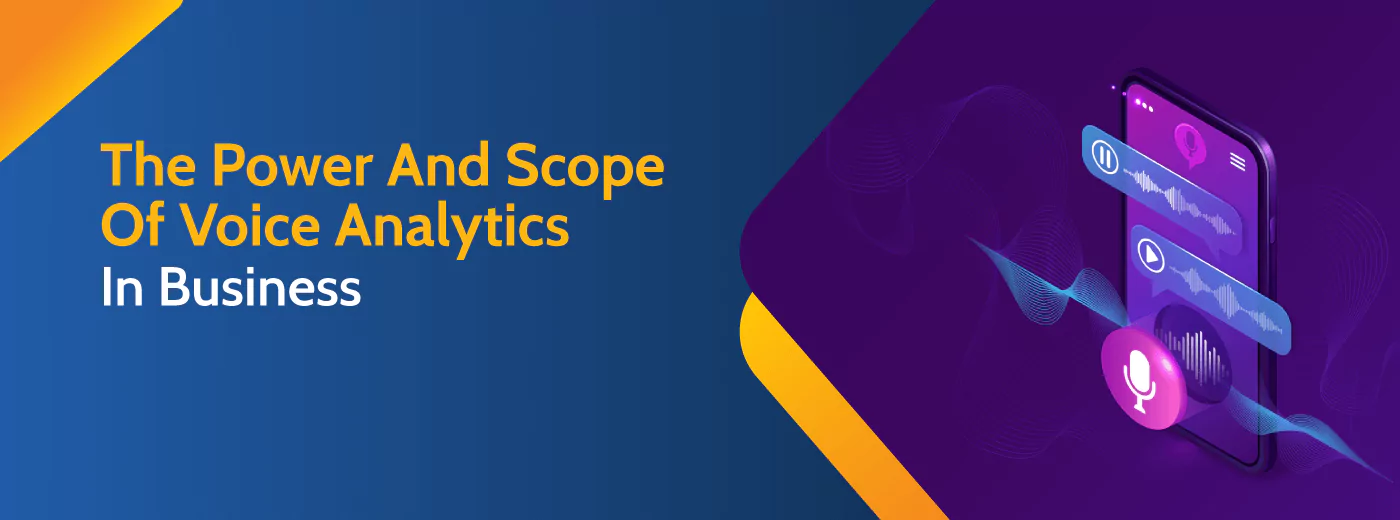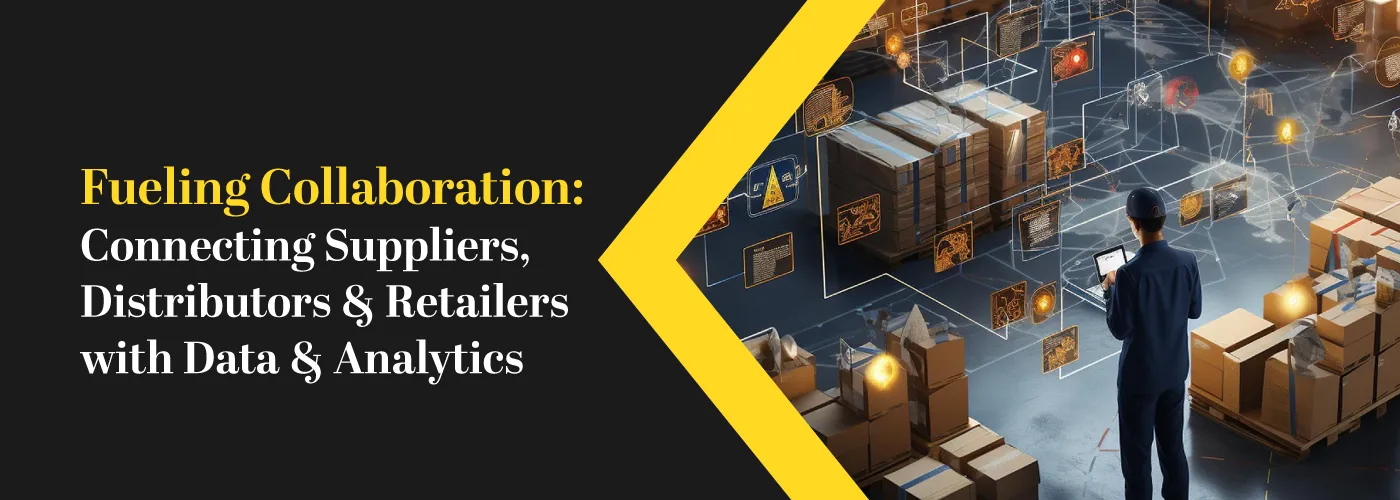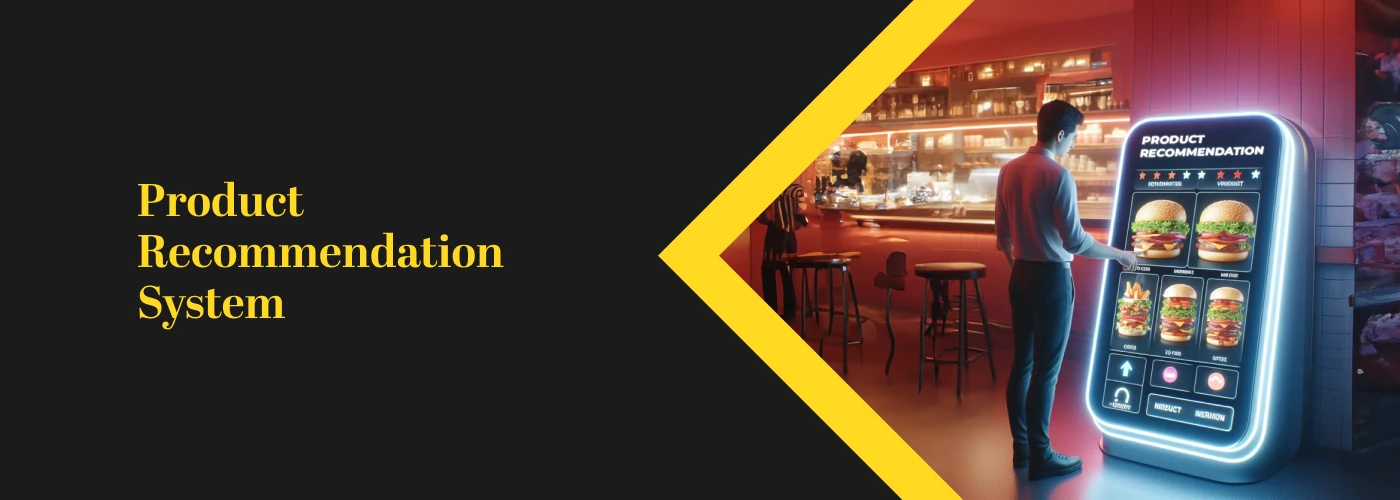Technology is growing at a remarkable rate, with numerous changes in day-to-day activities. There is not even a day that went without a new invention added to the list of the already growing technology industry. One of the growing trends of this advanced technology is Voice analytics.
Voice analytics is used widely to analyze the recorded conversation by voice recognition tools like - Siri, Alexa, and more. The tools convert voice to the text format, analyze the audio pattern and identify speaker emotions. It has grown at a wide range by the companies since it was first leveraged for commercial purposes in the enterprise in the early 2000s.
Since then, it has grown its importance with more organizations investing in voice analytics technology. EMarketer predicts that nearly 118 million people will rely on voice technology this year, with that number growing to almost 123 million by 2021.
Now, Let’s Take A Deep Dive Into This Amazing Technology
Approaches
There are two different approaches to voice analytics – Phonetics and Transcription.
They both begin the same way by identifying the sounds and audio and converting them to phonemes – the basic units of communication.
However, a phonetics-based conversation is very limited. A very long list of phonemes is created, and the solution scans this extensive list for phonetic patterns for words and phrases. There are two advantages of this approach. First, the initial processing time is very fast, since the “vocabulary” is just the set of sounds in the language.
However, the searches are much slower since they cannot be efficiently indexed the way words can. The second advantage is that even if the search term is totally new, such as a name that has just newly been introduced into the spoken language, the term may still be found if that sequence of phonemes exists.
Transcription or speech to text technology goes one step further than phonetics and applies a language model of thousands of words to the phonetic index enabling the analytics software to automatically gather accurate conversations using the same logic and context found in the human brain.
Since the transcription-based approach uses a dictionary of generally 50,000 ‐ 100,000 words and statistical methods to confirm the likelihood of different word sequences, the accuracy is much higher than just the single word of a phonetic approach, so it is more likely that if the word is found, it was spoken.
So, as you weigh up which voice analytics solution is most suitable to your business needs, you should prioritize transcription-based technology approach.
Improve your business process with a robust, scalable and flexible Voice analytics solution to analyze customer sentiments.
Some Examples Of Voice Analytics Across Industries
The emergence of voice, which serves as the front door for artificial intelligence and machine learning, is already making a mark on a wide variety of industries. Consider these examples:
Health Care
Seniors often suffer from isolation, loneliness, and depression, and smart speakers have demonstrated effectiveness in countering this within nursing homes and senior living facilities.
Triad Health AI has created a voice solution to help Parkinson’s patients with their exercise regimens.
Ambulances in New England have gone voice-first, detaching unnecessary paperwork for emergency technology.
Banking
Capital One was the first financial company to introduce an Alexa skill offering customers the ability to interact with their accounts, all the way back in 2016. Since then, many other credit card organizations and financial institutions have followed the same.
Florida-based Best Innovation Group launched a platform which enables credit unions and retail banks from across the U.S. to offer voice-first banking. Now, customers can pay their mortgage, access account histories, transfer between accounts, and more using the platform, which works with both Alexa and Google Assistant.
Hospitality
Marriott rolled out Alexa-enabled devices across five of its major hotel lines, while Google Assistant has been integrated by Hyatt to provide translation functionality for guests.
Extending beyond just hotels, travel companies such as Expedia provides several voice capabilities to customers, while restaurants such as Dunkin Donuts, Pizza Hut, and Starbucks have all rolled out voice ordering within the last 12 to 24 months.
Automotive
Voice assistants are more accessible and prevalent in cars than in homes. According to recent data, 77 million adults in the U.S. use voice assistants in the car, compared to 45 million adults using them on in-home smart speakers.
Almost every car from major automakers rolling off the manufacturing line has voice technology integrated, from Mercedes-Benz and BMW to Tesla and Ford.
Voice Analytics Market In Present
According to a forecast, the voice analytics market size expected to grow from USD 657 million in 2019 to USD 1,597 million by 2024, at a CAGR of 19.4%. Factors such as growing need to extract insights from customer interactions, rising demand to monitor improve agent performance, and growing focus on risk and fraud detection are expected to drive the market growth. Moreover, the growing impact of AI is improving the individual experience and increasing adoption of cloud-based solutions are expected to create ample opportunities for voice analytics solution vendors.
Large Enterprises To Boost Adoption
Large enterprises generate huge volumes of data due to their broad client base. Enterprises are concentrating on their core strengths and capabilities to maintain their competitive edge over other players. These enterprises need better insights into customer responses and help the organizations to drive more revenue and value for their stakeholders.
They are utilizing voice analytics solutions for improving their business processes, market intelligence, and customer experience. However, the deployment of voice analytics solutions on-premises has been much preferred by the large enterprises, as it helps them to have a hold on their processes and activities.
Bring enormous benefits to organizations and trigger automated workflows via voice recognition application to speed up your process with better response time.
Conclusion
Voice analysis has come a long way and rapidly growing area in business today. Even in the coming time, it can bring enormous benefits to organizations by improving agent performance and boosting customer satisfaction.
Moreover, we may see the advanced version of a computer that is more effective and efficient for communication.



